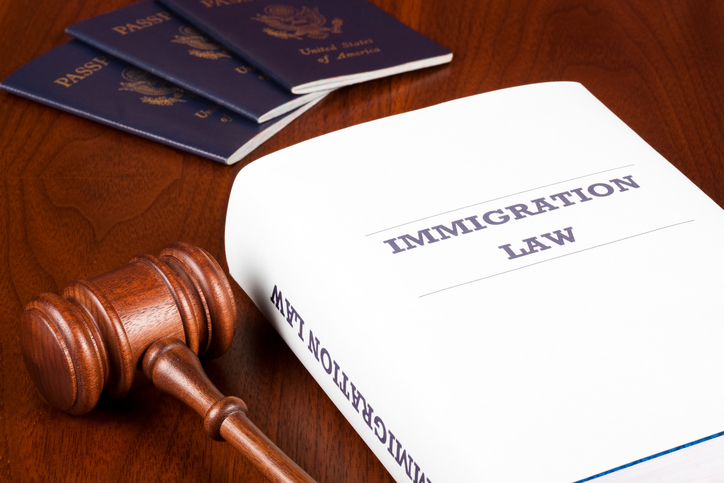By Kate McGovern Tornone
In yesterday’s Advisor, BLR® Editor Kate McGovern Tornone covered some of the training employers must consider for front-facing employees should U.S. Immigration and Customs Enforcement (ICE) pay a visit to the worksite. Today Tornone discusses I-9s and travel implications.
 |
Check Your I-9s
Employers also should consider an internal I-9 audit. ICE has indicated that it will triple its I-9 audits this year, said Lori Chesser, a senior shareholder at the Davis Brown Law Firm. “I think [with] this increased focus on enforcement … a lot of people are going to be surprised that they have people in their workforce that aren’t really authorized to work.” Most employers ensure that they have completed I-9s and appropriate supporting documentation, but there are really some deceptively good false documents out there, Chesser said.
And finding out that you have unauthorized workers isn’t the only possible result of these agency audits; you also can be fined if the form isn’t filled out correctly, she explained, estimating that up to 75% of I-9s have some error on them.
This means that you should perform an audit, get your counsel to do some training, and also fix any errors you find, to minimize potential fines. Also, consider bringing in an expert to identify any fake documents, Chesser said. “Get a handle on your workforce in advance.”
Travel Implications
While the nation awaits a replacement immigration Executive Order from President Trump, employers should note that one of these U.S. Department of Homeland Security (DHS) memos also has some implications for employees who travel.
There’s a step in the green card (permanent resident) process that prevents individuals from traveling outside the United States unless they have “advance parole”—a travel document allowing them to reenter the United States. Without it, individuals who leave are considered to have abandoned the immigration process.
One of the new memos says this allowance will be granted “only on a case-by-case basis, and only for urgent humanitarian reasons or significant public benefit.”
This affects employers that have workers who travel and who are in the middle of the immigration process, Chesser said; employers will have to be careful about this.
